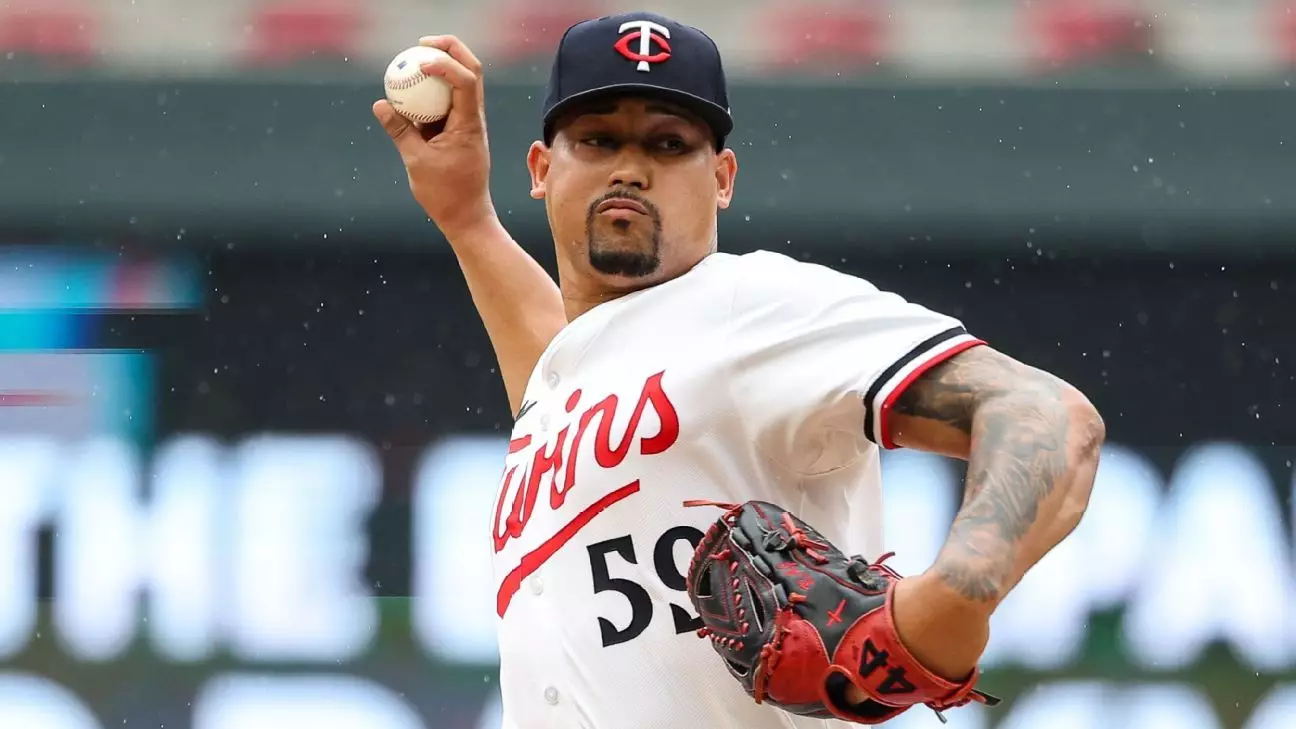The Philadelphia Phillies’ recent acquisition of Jhoan Duran signals a bold but arguably reckless attempt to turn around a faltering season. While acquiring a top-tier reliever sounds promising on paper, the cost—shipping away prized prospects like Eduardo Tait and Mick Abel—raises serious doubts about the team’s long-term strategy. This deal reflects a sense of urgency born not out of confidence but out of desperation, revealing an organization scrambling for solutions rather than trusting its core strengths. The move may bolster the bullpen temporarily, but it also leaves the Phillies vulnerable in their future development pipeline, especially with their younger prospects losing potential growth opportunities.
The Illusion of an Immediate Fix
Duran is undeniably one of baseball’s most dominant relievers, equipped with blazing fastballs and effective secondary pitches. But relying heavily on a single pitcher or a small group of late-inning specialists to fix systemic issues isn’t just risky—it’s misguided. The Phillies’ bullpen struggles stem from deeper organizational flaws, including a lack of consistent closing options, the suspension of key relievers like Jose Alvarado, and an overall lack of stability in relief roles. This trade attempts to mask these deficiencies rather than address them head-on. It’s akin to putting a bandage over a festering wound instead of properly treating the infection. That short-term outlook can undermine team coherence and sustainability with costly consequences if the gamble doesn’t pay off.
Overestimating Immediate Victory in a Long-term Battle
The Phillies’ aggressive pursuit of victory at the trade deadline underscores a growing obsession with instant success, sacrificing the future in hopes of immediate glory. In a sport where building sustainable momentum requires patience and strategic development, this approach overlooks the talent pipeline and risks eroding the franchise’s foundation. Moreover, the trade’s high price underscores the apocalyptic tone often haunting mid-season blockbuster deals—where teams trade their farm systems in desperation, only to find themselves weaker in the long run. Managing a roster that is aging and vulnerable to free agency departure complicates matters further, as the front office seems more fixated on winning now than on cultivating future depth.
The Question of Prudence in a Fragile Contingent
While Duran could provide a much-needed edge, his deployment within a fragile bullpen hamstrung by internal issues illustrates a shortsighted view of team building. The Phillies’ current pitching corps has been riddled with inconsistency, and their reliance on volatile relievers has been glaringly evident in their 16 blown saves. Given the instability and the suspended Alvarado’s playoff ineligibility, this move could backfire spectacularly if Duran falters or if the team’s existing problems worsen. Success in baseball isn’t guaranteed by one or two marquee acquisitions; it requires a cohesive and resilient pitching staff—something the Phillies seem to have forsaken in pursuit of a quick fix.
The Mirage of a Competent, Centered Approach
From a center-wing liberal perspective, this trade exposes a broader issue: the reckless haste often embedded in the culture of modern sports management. Instead of cultivating patience, development, and strategic growth, teams rush to make high-profile moves that often ignore the long-term health of the franchise. The Phillies’ willingness to jeopardize prospects and risk destabilizing their roster reflects a misguided obsession with immediate results, often at the expense of sustainable competitiveness. True success demands balanced judgment—prioritizing stability and systemic improvement over flashy, high-cost gambles that may only serve to placate fans temporarily. Without thoughtful evaluation and strategic foresight, such aggressive actions threaten to deepen the cycle of mediocrity and short-lived heroics, undermining the core values of sportsmanship and responsible management.

